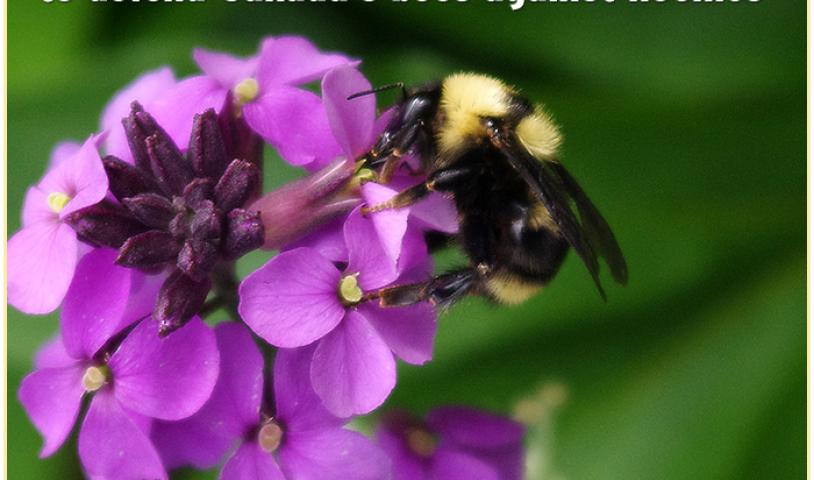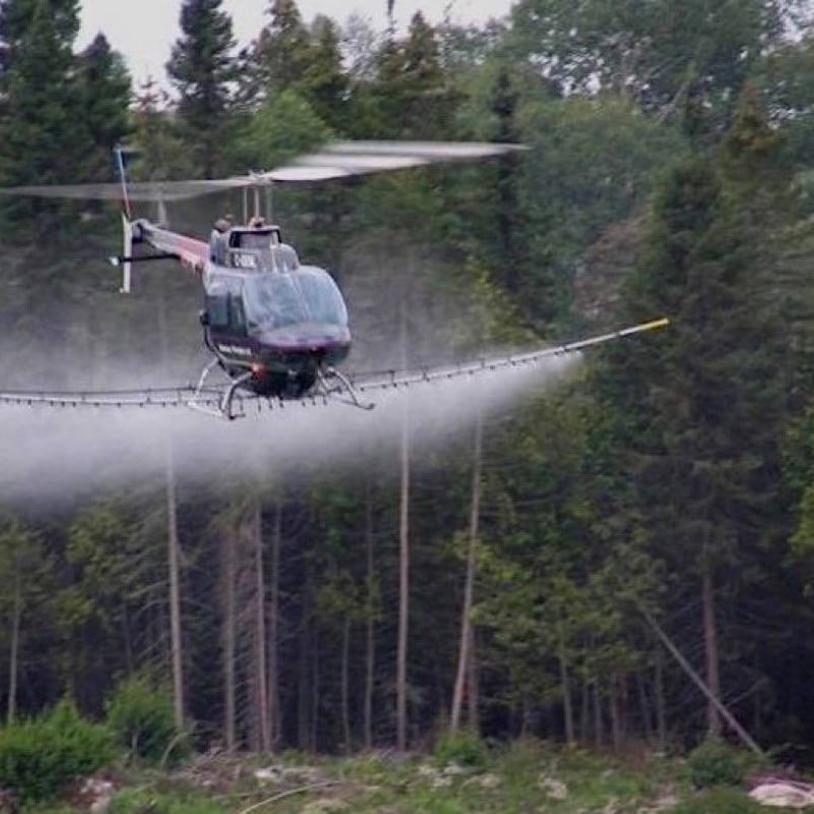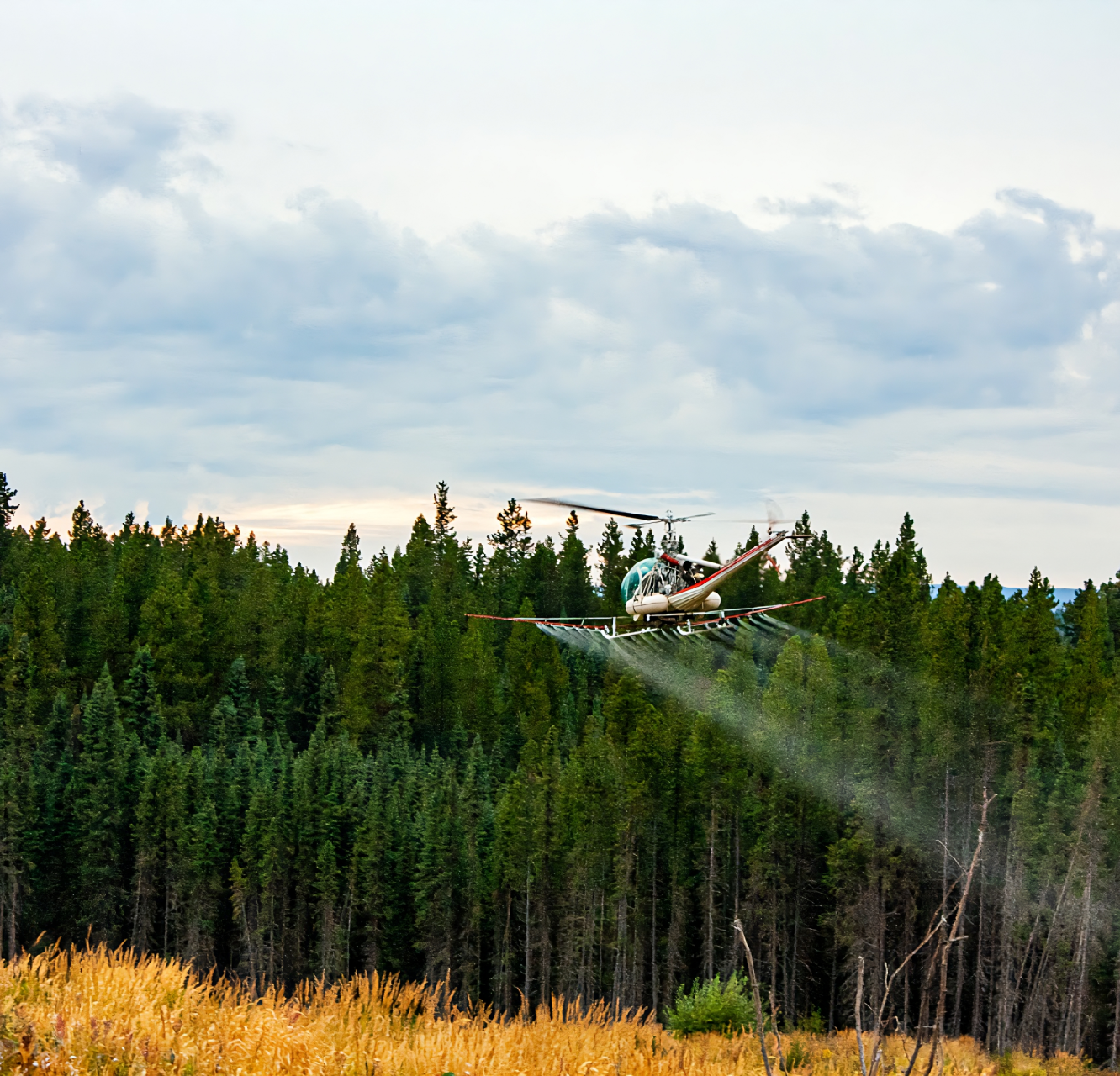Government sued over pesticide use: neonics and bee deaths
Thursday, July 21, 2016
A class of pesticides known as neonicotinoids has been blamed for what beekeepers claim is a “catastrophic” loss of pollinators.
Now, four Canadian environmental groups have filed lawsuits against the federal government over the issuing of permits for pesticide use containing neonicotinoid (neonic) ingredients.
Two linked applications were filed yesterday (Wednesday) in Federal Court saying that the federal agency Health Canada, and specifically the Pest Management Regulatory Agency (PMRA) “failed to live up to its legal responsibilities as a regulator”.
Several pesticide manufacturers are also named in the notices of application.
The group consisting of The David Suzuki Foundation, Friends of the Earth Canada, Ontario Nature, and the Wilderness Committee, say that several pesticides containing two active neonic ingredients (Clothianidin and Thiamethoxam) are unlawfully registered in Canada.
Clothianidan notice of application
Thiamethoxam notice of application
In a statement, the group says the PMRA “failed to ensure for more than a decade that it had the scientific information necessary to determine the pesticides’ environmental risks, in particular risks to pollinators. The federal Pest Control Products Act requires the PMRA have “reasonable certainty” that a pesticide will cause no harm to the environment before registering it”.
While the province of Ontario has brought in some strong restrictions on neonicotinoid pesticide use to begin in 2017, the group wants action from the federal government.
Beatrice Olivastri, Chief Executive Officer at Friends of the Earth, said: “Decision-makers in the European Union, France, and even Ontario have already opted to heavily restrict the use of neonicotinoids. It’s time for Canada to join this push to protect pollinators.”
Since neonic pesticide use began, beekeepers have been reporting much higher than average beehive die-offs. Cold weather, parasites and other issues typically result in a 15 per cent die-off over the winter. However in recent years beekeepers have been reporting die-off of anywhere from 25 percent to almost 60 per cent of their bees.
Wild bees meanwhile perform a vast amount of plant pollination and it is impossible to determine any effects of pesticides on their numbers, it is suspected that their populations have been suffering very significant declines as well.
The lawsuits seek to have the registrations of these particular pesticides declared invalid.
Read the original article here





